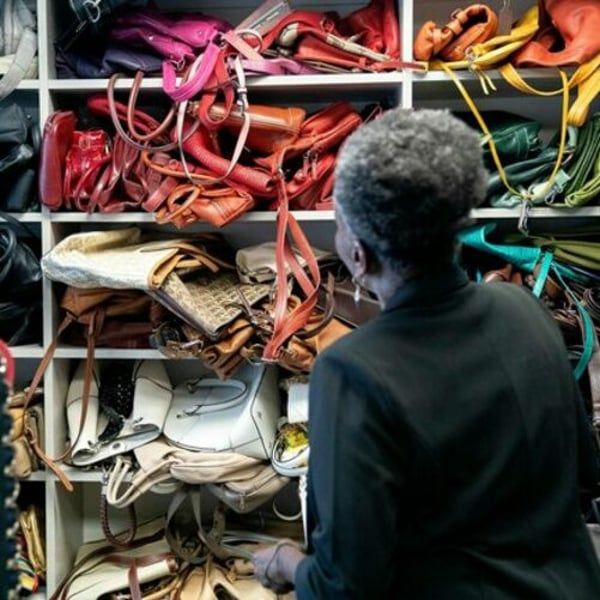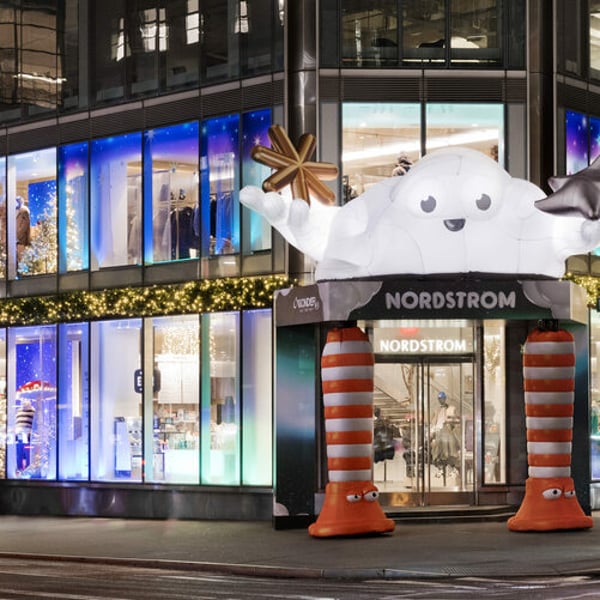By
Bloomberg
Published
April 30, 2024
U.S. consumer confidence fell in April to the lowest level since mid-2022 as Americans' views on the labor market and their outlook for the economy deteriorated.
The Conference Board's sentiment gauge fell to 97 from a downwardly revised 103.1 in March, data released Tuesday showed. The figure marked the third consecutive drop and was behind all estimates in a Bloomberg survey of economists.
A measure of expectations for the next six months fell to 66.4, also the lowest since July 2022. The measure of current conditions fell to 142.9.
Confidence is now at the lower end of its recent range as consumers face elevated inflation, high borrowing costs and a gradually cooling labor market. Another sentiment metric has also moved sideways as voters await November results to learn the direction of the economy.
“Consumers became less positive about the current state of the labor market and more concerned about future business conditions, job availability and incomes,” Dana Peterson, chief economist at the Conference Board, said in a statement.
While inflation expectations remained stable, consumer concerns were “dominated” by high food and gas prices, Peterson said.
Americans' view of the labor market weakened. A smaller share of consumers said jobs were “abundant” and more said they were “hard to get.” The difference between these two – a metric closely watched by economists to gauge the strength of the labor market – fell to the lowest level since November.
Labor market prospects also worsened. The share of respondents who expect more jobs to become available in the next six months fell to the lowest level since 2011. Their income expectations also deteriorated.
This could be a worrying sign for consumer spending. Nearly half of respondents said they would reduce their eating out to save money in the next six months, while others also cited clothing and entertainment as areas to reduce or eliminate spending, according to a special question in the survey.
This was reflected in weaker purchasing plans for cars, homes and appliances. Intentions to take vacations also fell.
A report on Tuesday showed that a broad gauge of U.S. labor costs closely watched by the Federal Reserve accelerated more than expected in the first quarter, illustrating persistent wage pressures that are keeping inflation elevated.












